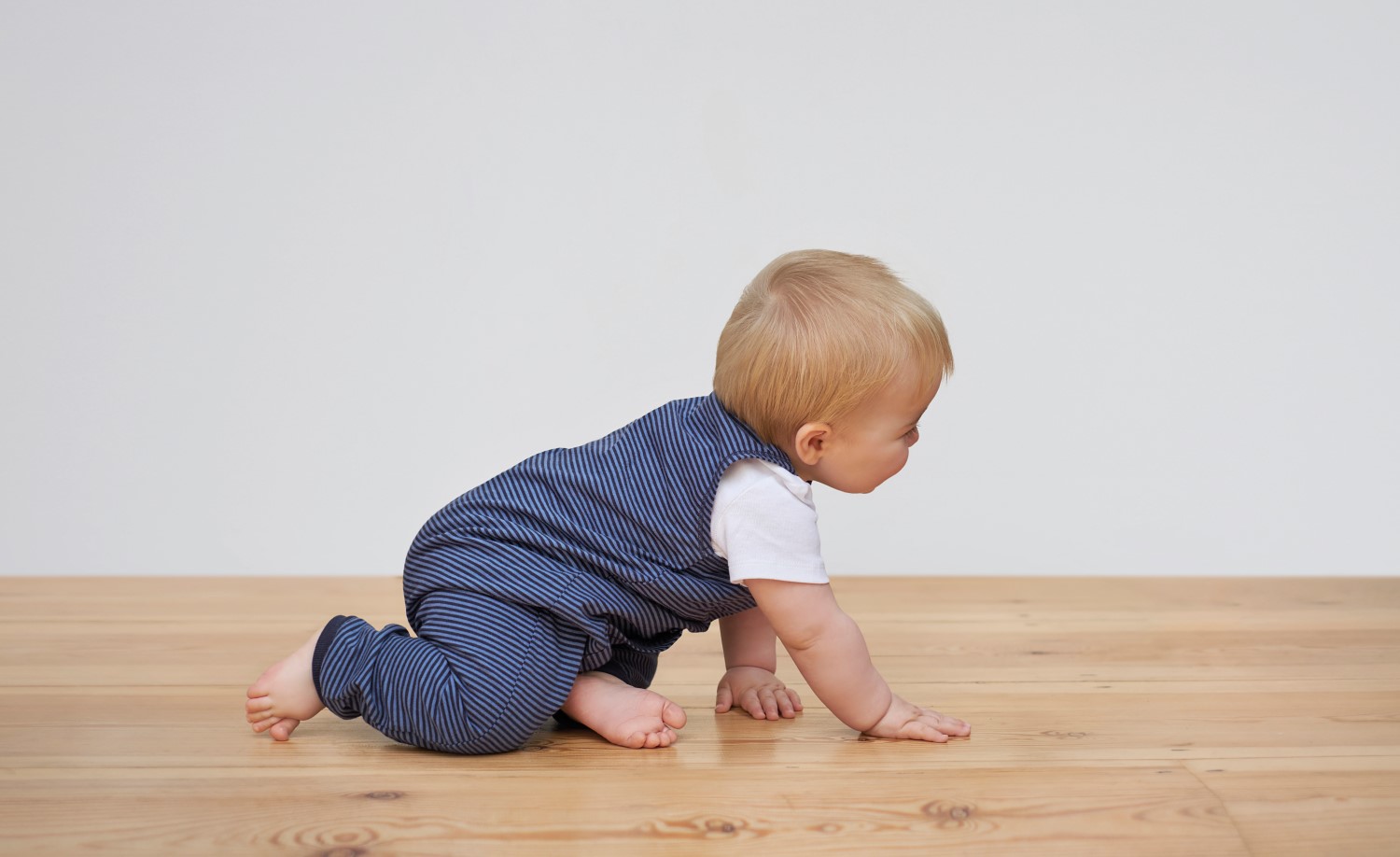
Babies are delicate and require our utmost care and attention – this goes for their feet too. One of the many things for new parents to think about is whether or not their baby needs socks. While socks may seem like a small detail, they can actually play a big role in your baby's comfort and development.
Because they’re still learning and developing, babies are not able to regulate their body temperature as effectively as adults and their extremities, such as their hands and feet, can become cold quickly. Socks provide an extra layer of insulation, keeping your baby's feet warm and comfortable. This is especially important during the colder months or in air-conditioned environments.
In addition to keeping your baby's feet warm during colder days, socks can also offer a degree of protection. When babies start to crawl, they are at risk of injuring their feet, particularly when outside or on very hard and uneven surfaces. Socks can help to cushion little feet to some extent. It is important to note that socks should not be used as a replacement for proper footwear. When your baby is starting to crawl, allowing them to do so barefoot is best as it allows the most contact with the floor to help your little one learn. However, if you have cold floors, or the childcare provider you use insists on foot coverings for hygiene reasons, we’d always recommend a correctly fitting pair of pre-walkers worn with socks.
While socks can be helpful in certain situations, barefoot is best where possible. When babies are not wearing socks or shoes, they are able to use their toes to grip and feel the ground beneath them. This can help with their balance and coordination as they learn to crawl and walk.
If your baby needs socks, select a pair made from soft breathable materials such as cotton, bamboo or Alpaca wool. These materials will allow air to circulate and are easily washable, helping to keep your little one’s feet fresh and clean.
Choosing socks that fit properly is vital. Too tight, and socks can affect the cartilage in small feet or restrict circulation and blood flow. And of course babies won’t be able to articulate the source of their discomfort, so it’s up to you as parents to keep an eye on things. This doesn’t mean that loose or baggy socks are a good option. Too loose and they could easily fall off, or cause babies to slip when crawling or cruising. Socks that are too big and worn under shoes could affect how the shoe fits and cause blisters – which babies can’t necessarily feel because their nerve endings aren’t yet fully developed.
There might be times when your baby needs a foot covering, but socks aren’t quite enough. If you’re looking for something more substantial that doesn’t add weight or restrict movement in any way, why not try our pram shoes?
While socks can help to keep a baby's feet warm when sleeping, a correctly fitting babygrow or ‘socked onesie’ would be preferable to socks so that no items of clothing can come loose. Ultimately, the decision to put socks on a baby should be based on the specific situation, surrounding environment and your baby's individual needs.
For newborns, it's usually best to choose socks that are labelled as newborn or 0-3 months. These socks are typically designed to fit babies with a foot length of 8.5 - 10cm. It's important to choose socks that aren't too tight or too loose, as we’ve mentioned. Look for socks that have some stretch to them and feature a comfortable elastic band that won't leave marks on your baby's skin.
As with children, not all babies of the same age will have the same size feet. Some sock manufacturers list sizing charts to help you get the best size for your baby – these are often in centimetres or millimetres. The best way to measure their feet would be to use a fabric tape measure. Measure the length of their foot from the back of the heel to the tip of the longest toe. If you don’t have a fabric tape measure to hand, you can use a piece of string to measure their feet and then line this to a ruler.
As your baby gets older and is ready to move into a pre-walker or their very first pair of walking shoes, our handy measuring gauge is perfect to have at home to keep up with growing feet.
Author: Amanda, published 14-06-2023.